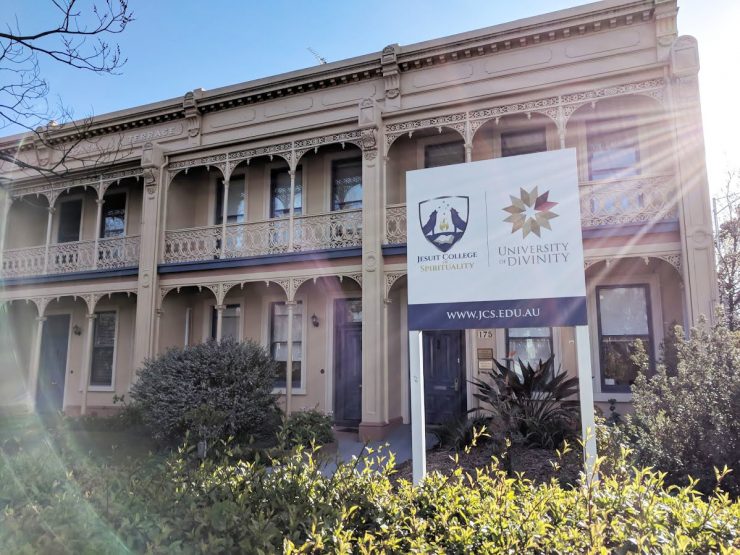This article was written as a guest editorial for Australian Jesuits. Read the original article here.
At Easter, the Provincial, Fr Brian McCoy SJ, launched the Apostolic Priorities for the Australian Province. They arose from a year-long consult that engaged all members of our diverse Province family in a spiritual conversation, and are influenced by the Universal Apostolic Preferences released in February.
The first priority is foundational to all the others. It asks us to ‘nourish’ our ministries through Ignatian spirituality. What does that mean in practice as we work in our diverse ministries?
When we nourish ourselves, we are eating healthy food. That is how we maintain our physical health. So this priority is calling us as individuals and as members of our ministerial communities to reflect on how we might nourish our spiritual health, individually and collectively, through Ignatian spirituality.
The importance of such nourishment for mission is demonstrated in the meeting between Jesus and the woman of Samaria (John 4:1-34).
Although Jesus is tired, hungry and thirsty at the beginning of the story, following his interaction with the woman, when the disciples return with food for Jesus, they find he is already ‘nourished’. In response to their confusion he teaches, ‘My food is to do the will of him who sent me and to complete his work.’
Jesus, through service, is nourished.
If we want to know how we might become a source of nourishment in our ministries, we turn to Ignatius. Jesus is the centre of Ignatius’ life. It is the example of Jesus who inspires Ignatius to write the Spiritual Exercises, a source of nourishment for both the Church and the world.
Ignatius’ desire was to assist people to draw closer to God and to become faithful, generous servants of God; for others to share in the helping grace he had received by the Holy Spirit. Ignatius models how we too may become united with Jesus and nourishment for others.
Ignatius was a man of prayer. He prayed daily and this practice, coupled with the examen, enabled him to seek the presence of our Lord in all conversations, and in everything he saw, heard, tasted, and did.
In the same way our work becomes our meditation and our offering. We allow grace to be at work in our hearts, and it flows in turn into the hearts of others.
Ignatius was well formed. His system of formation was intentional, planned and always designed with the capacities of the individual in mind. Ignatius took time to get to know those with whom he lived, worked and served. He practiced self-awareness and humility.
Ignatius taught that you are able to cooperate more fully with grace when you are able to be humble and open to its workings. This humility removes barriers between us and the other, drawing us into a dynamic relationship that mutually nourishes and realises the Kingdom.
Like Ignatius, ministries are nourished through Ignatian spirituality by our daily prayer, examen, healthy relationships and intentional choices.
Let us realise the Apostolic Priorities each day in all we do, say and think, for they unite us with the spirit of Ignatius and lead us closer to his goal of deep union with Jesus and better service of others for the greater Glory of God.

Deb Kent is Chief Executive Officer and Principal of Jesuit College of Spirituality.







I know, a realization that all men and women are created in the image of God and are destined for eternal life. his implies a dedication to promoting human dignity and care for the mind, body, and spirit. Cura personalis is a critical feature of a Jesuit education.